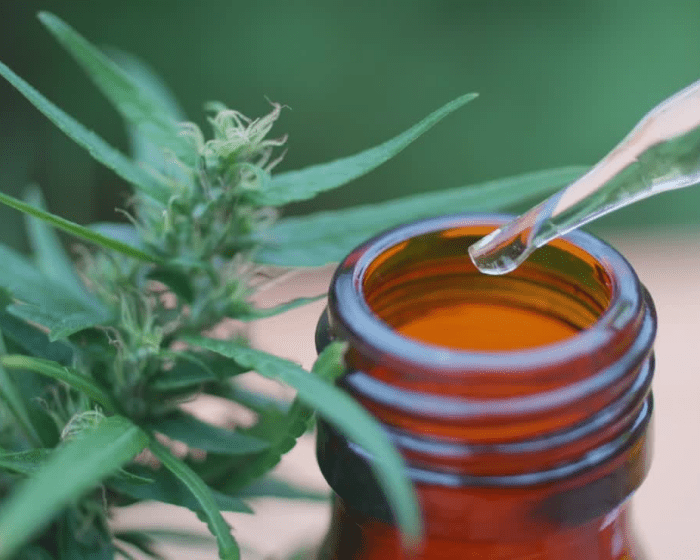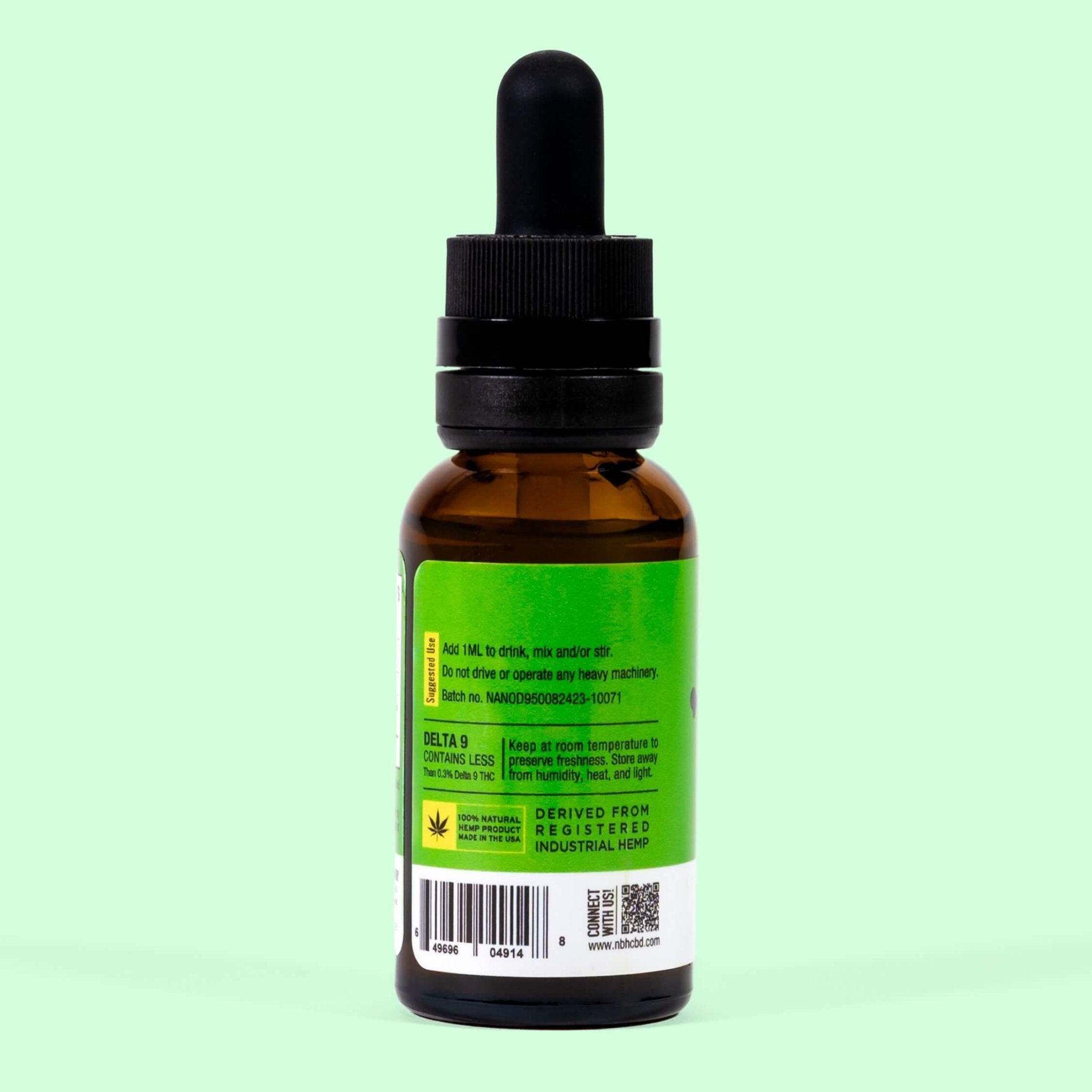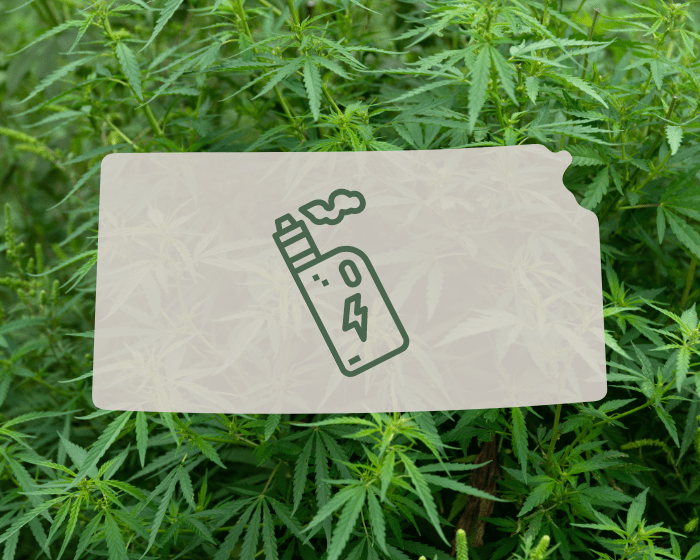
The US Food and Drug Administration (FDA) has been saying for years it doesn’t have enough information to regulate cannabidiol, or CBD, for food use.
Why should you care? In the absence of rules to follow, an unregulated and inconsistent cannabinoid market has flourished. Some manufacturers hold themselves to rigorous standards for product quality, testing and labeling. Others forge test results, use packages that appeal to minors and show general disregard for quality.
Federal lawmakers have urged the FDA to create a regulatory framework that would ensure products on shelves are safe, but the FDA has said it needs more time and more regulatory authority to do so.
So what are the FDA’s concerns with CBD?
The FDA’s stated concerns are often somewhat vague, citing “potential risks” and “side effects” of CBD use. But the agency has gotten more specific at times, listing as its top concerns: liver injury, interactions with other drugs or alcohol, and male reproductive toxicity.
Some background: During the FDA's review of the CBD-based seizure medication Epidiolex, now an approved drug, the FDA said it found potential for liver injury. The agency said the risk can be managed when the drug is taken under medical supervision, but risks would likely be greater in circumstances of widespread use without supervision from doctors.
The concern with liver injury was reiterated in a recent meeting of the FDA's Science Board, reports Market Watch. The Science Board is an advisory panel of nutrition and drug-safety experts who are not FDA staff.
At a June 14 meeting of the board, members reportedly expressed concern that CBD might cause dangerous increases in liver enzymes.
“The FDA cited various animal studies that show negative side effects from consistent consumption at higher levels,” Steve Gelsi wrote for Market Watch.
However, representatives of the hemp industry shared their own research at the meeting: as Gelsi described it, “a growing body of evidence from third parties that show that CBD can be ingested without dangerous increases in liver enzymes."
Clearly there's a discrepancy.
The FDA’s inclusion of studies on animals that metabolize CBD differently than humans might be partially responsible. The Science Board “signaled it could consider data from animals with more human-like metabolism of CBD,” Gelsi wrote for Market Watch. Still, the concerns with Epidiolex arose from blood analysis in human trials.
Another difference could be that Epidiolex is a CBD isolate, where retail products often include a variety of cannabinoids — hence the names “full” and “broad” spectrum.
In the past, the FDA has dismissed industry-funded research on the safety of full and broad spectrum CBD, reports MJBizDaily. In 2021 the agency denied approval to market full-spectrum hemp extract as a "new dietary ingredient" for two companies, Charlotte’s Web and Irwin Naturals, citing insufficient data about CBD’s safety and efficacy.
In a response to the FDA, Charlotte’s Web wrote that the amount of CBD in a dose of its full-spectrum hemp extract was 1.4 percent of that found in a pharmaceutical CBD isolate. Neither a toxicity study nor data collected on people actively taking their product had revealed safety concerns for liver toxicity.
The letter also addresses reproductive toxicity, saying tissue studies revealed no indication of adverse effects to male or female reproductive tissue at the doses tested. As with the concerns about liver toxicity, Charlotte’s Web suggested that its product contained a small fraction of the dose required for a pharmaceutical drug.








































